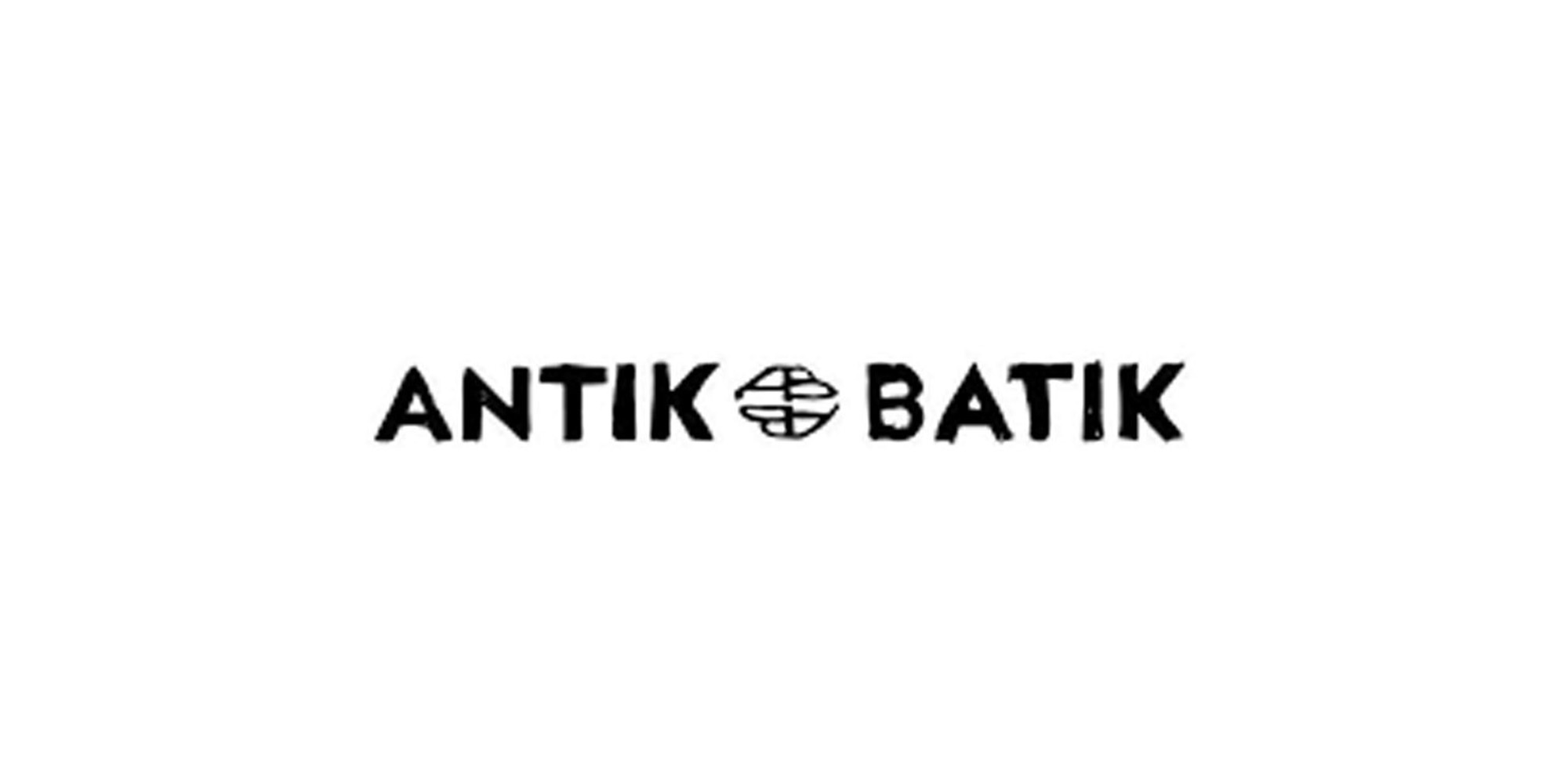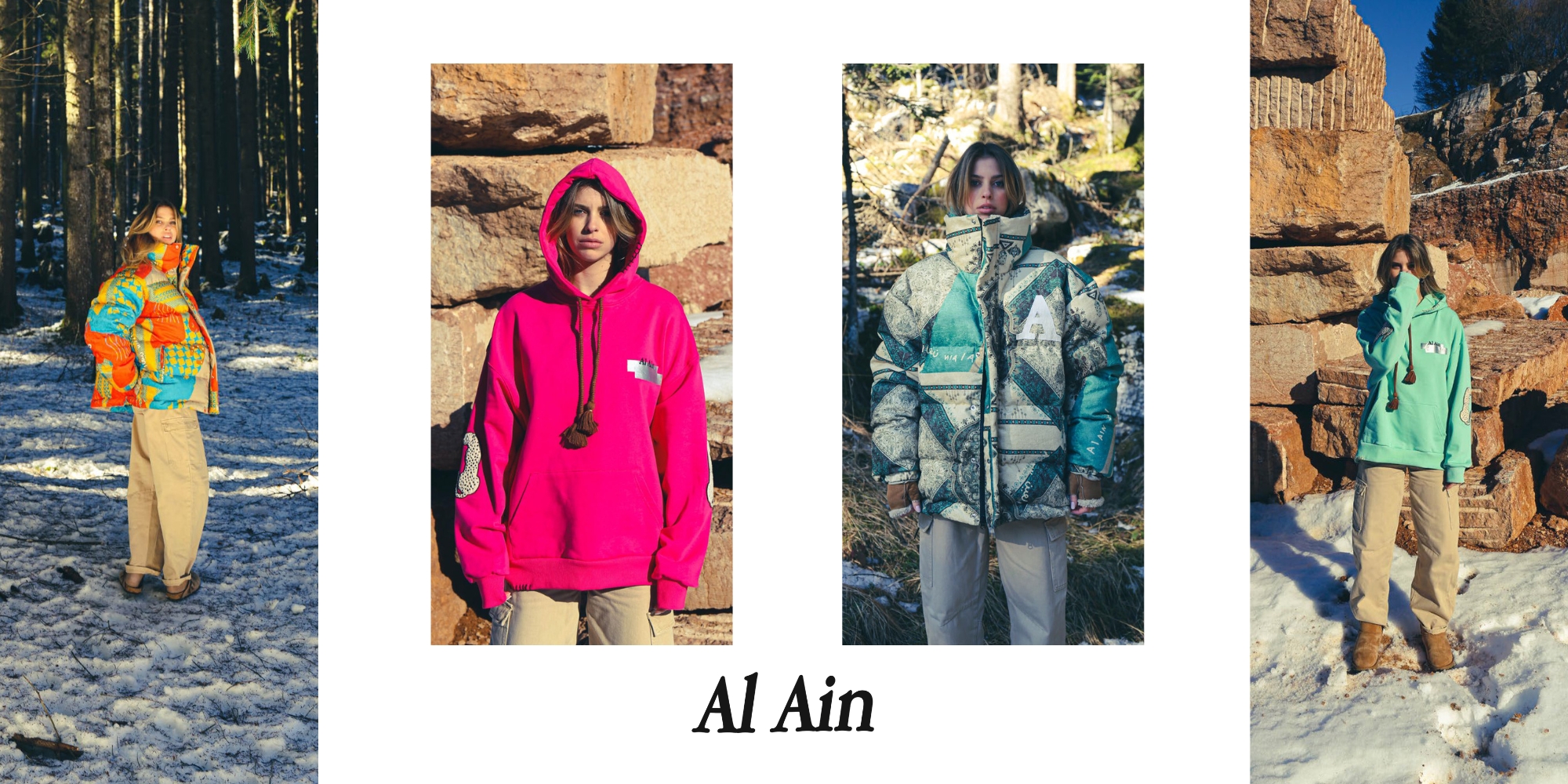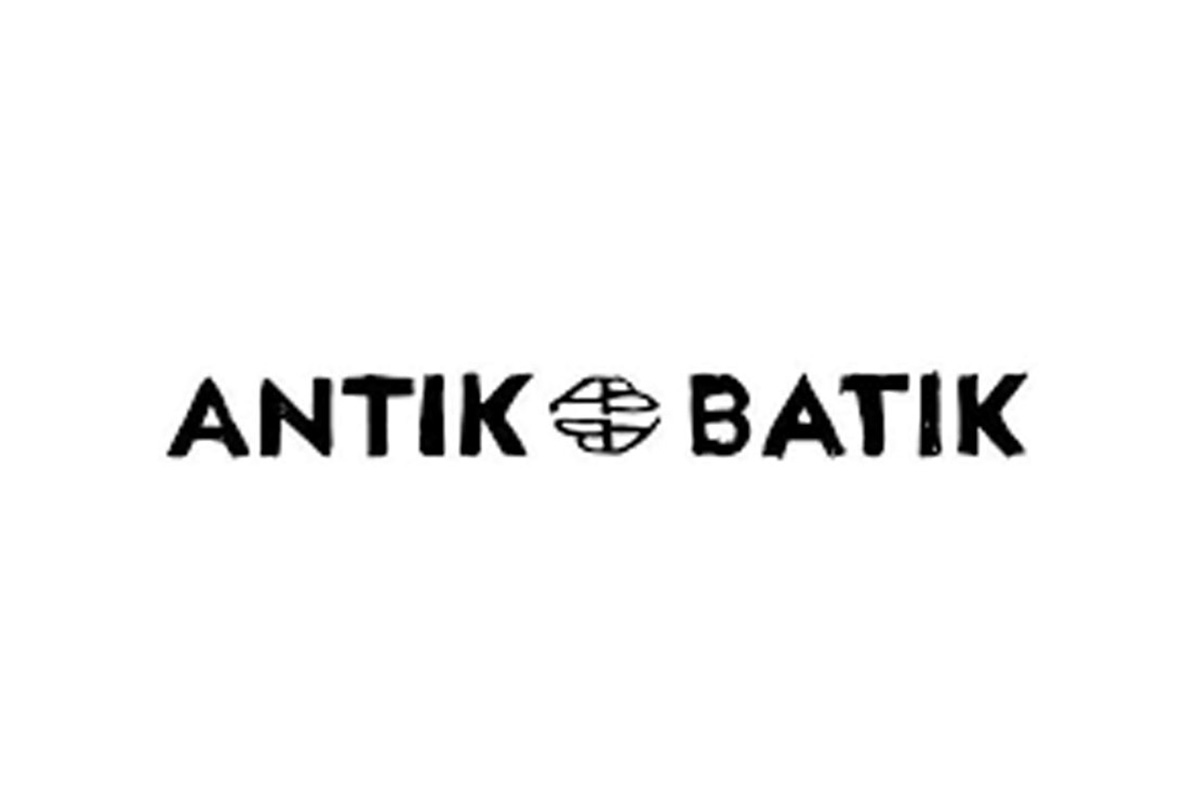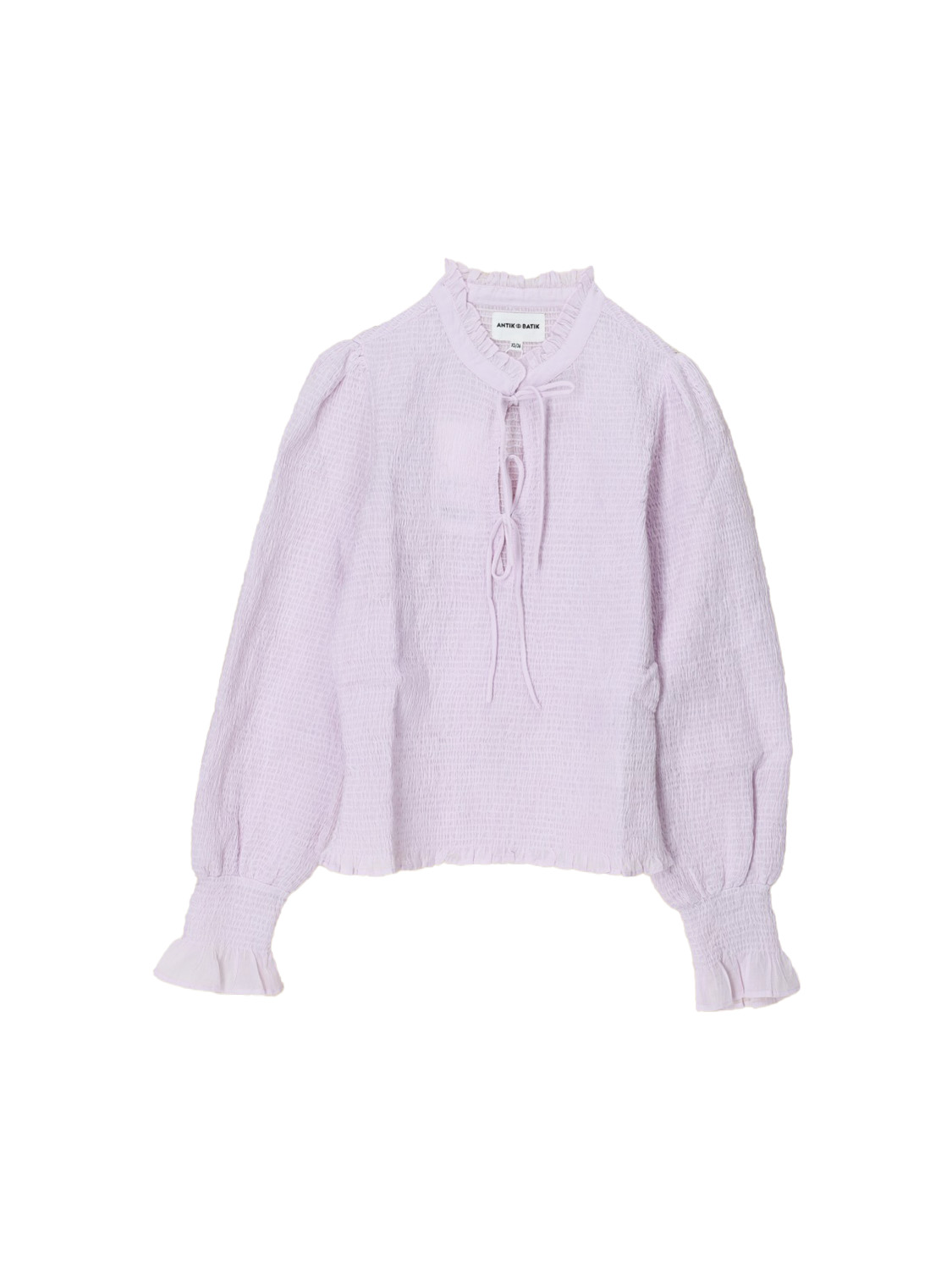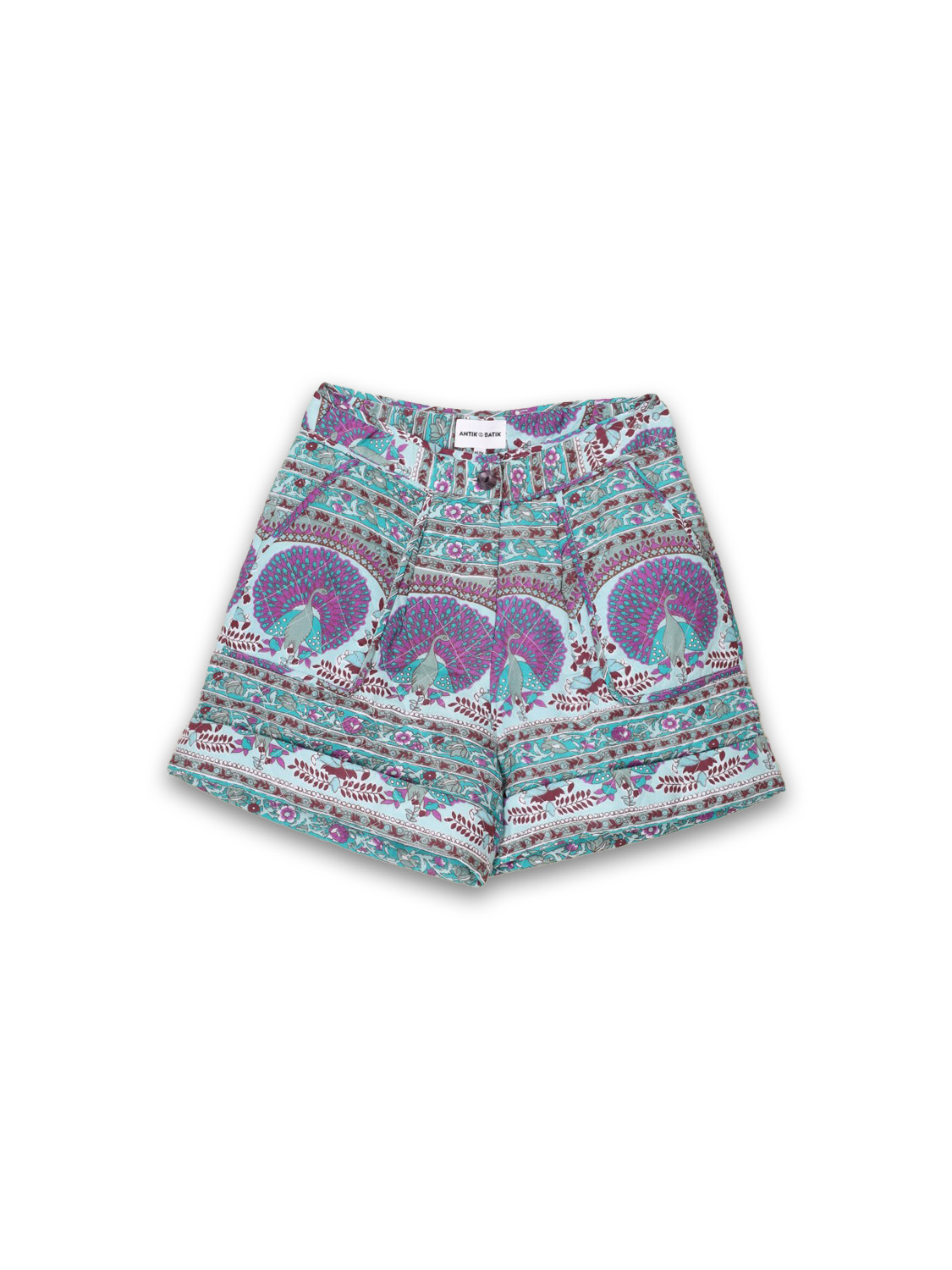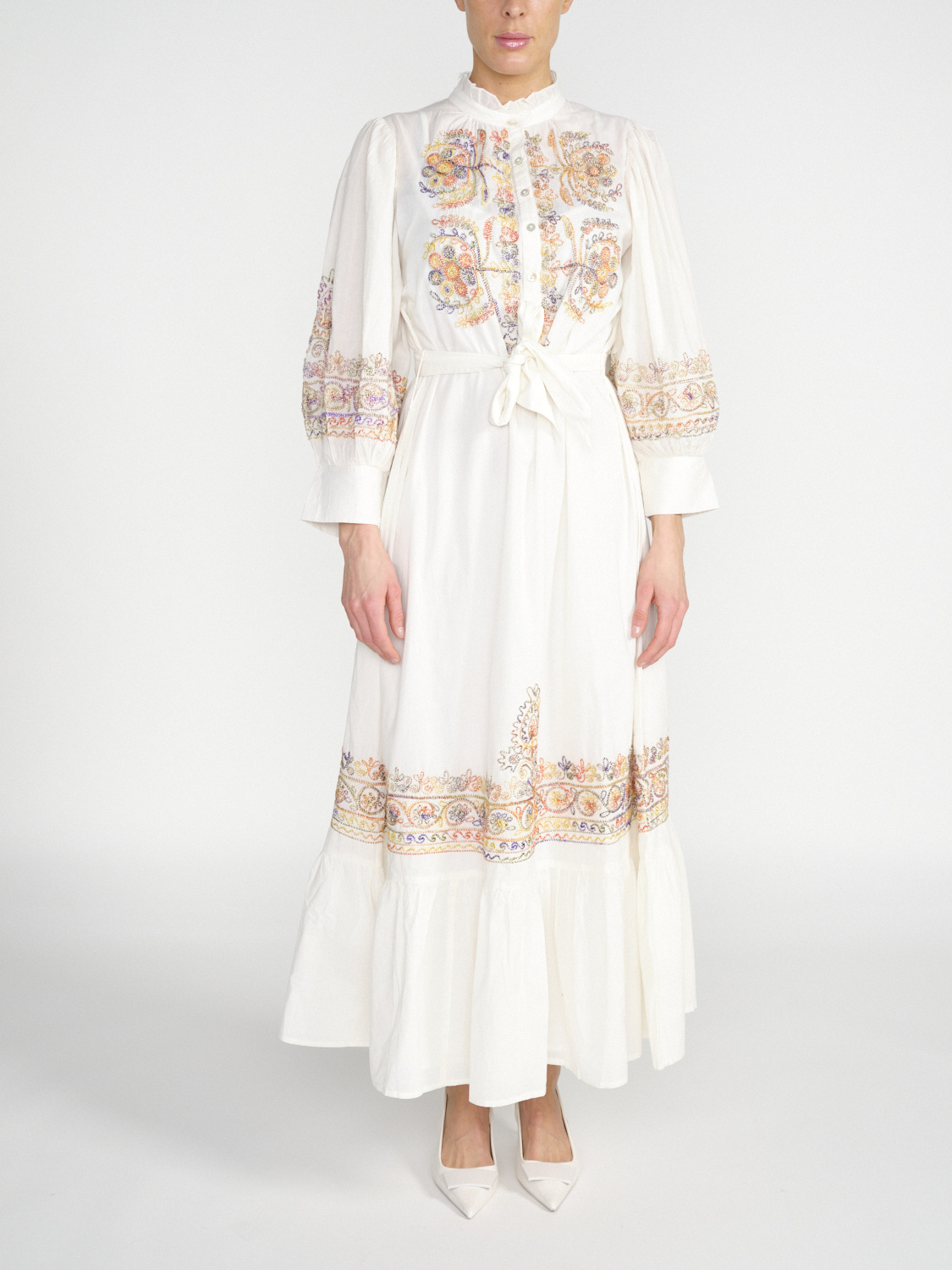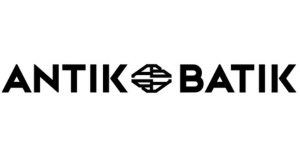
Antik Batik, the boho-chic brand launched in 1992, reflects the influences of a world traveler. The colorful works of art combine natural materials with handcrafted embroidery. At the same time, the brand focuses on sustainable production, creating unique, ethical fashion for a global, style-conscious community.
Gabriella Cortese and the founding of Antik Batik
Antik Batik was founded in 1992 by Gabriella Cortese. Hailing from Turin, Gabriella Cortese is the visionary founder behind the brand, who created a unique and authentic style of "Boho-Chic". The roots of Antik Batik lie in the craftsmanship that Gabriella Cortese discovered on her travels. In an era of industrial mass production, continuing this anachronistic manufacturing process is a form of resistance. Each handmade piece is cherished as a unique creation, and from season to season, the human dimension of this process becomes increasingly significant. The brand's sustainable development extends across three pillars: social, ecological, and economic. Antik Batik acts in line with this holistic approach, where social relationships with partners play a primordial role. A chain of solidarity emerges, where everyone supports and assists each other. "In times of crisis, we turn to the ethical, we return to the things that are true, that have roots. We desire craftsmanship, authenticity, and humanity. Hand and human then make the difference."
Natural materials and artistic influences
Antik Batik is renowned for its use of natural materials, combined with a fusion of strong artistic influences, embroidery, and captivating patterns. The secret of the brand lies in the special relationships that Antik Batik has built over the years with the best workshops in and around Delhi. Each masterfully embroidered piece of Antik Batik is the result of several days of handwork. Sequins are sewn onto a specific piece of fabric, which is stretched over a wooden frame and traditionally crafted by up to four artisans simultaneously.
Variety of colors and traditional craftsmanship
Antik Batik collections include natural shades based on plant colors such as indigo blue, vermilion red, ochre, brown, dark green, as well as complex colors like pastel or neon. Fabrics are screen-printed far from industrial presses, for example in the workshops of Jaipurians and Balinese, using wooden frames and hand-carved stamps in the purest block printing tradition. The patterns are sketched in Paris and carved by hand in a workshop in Jaipur using simple metal tools, hammers, and chisels. They are then soaked in oil and flattened under weight for two weeks.
Sustainability and traditional manufacturing methods
Antik Batik adopts sustainable production methods and respects traditional manufacturing techniques. The dyeing process of the brand, also known as Tie-Dye, is carried out by hand. Another method is resist dyeing, where mud, wax, or starch is applied by hand using a stencil or block print before dipping into the dye bath. Among the plant-based dyes used are madder root, which gives a lively range of red tones, and pure indigo for blues. The fibers used by Antik Batik are largely natural, such as cotton, silk, wool, and alpaca. Knitting is all done by hand in Peruvian workshops, using materials such as untreated Pima cotton and alpaca fibers, resulting in the softest and most supple garments.

